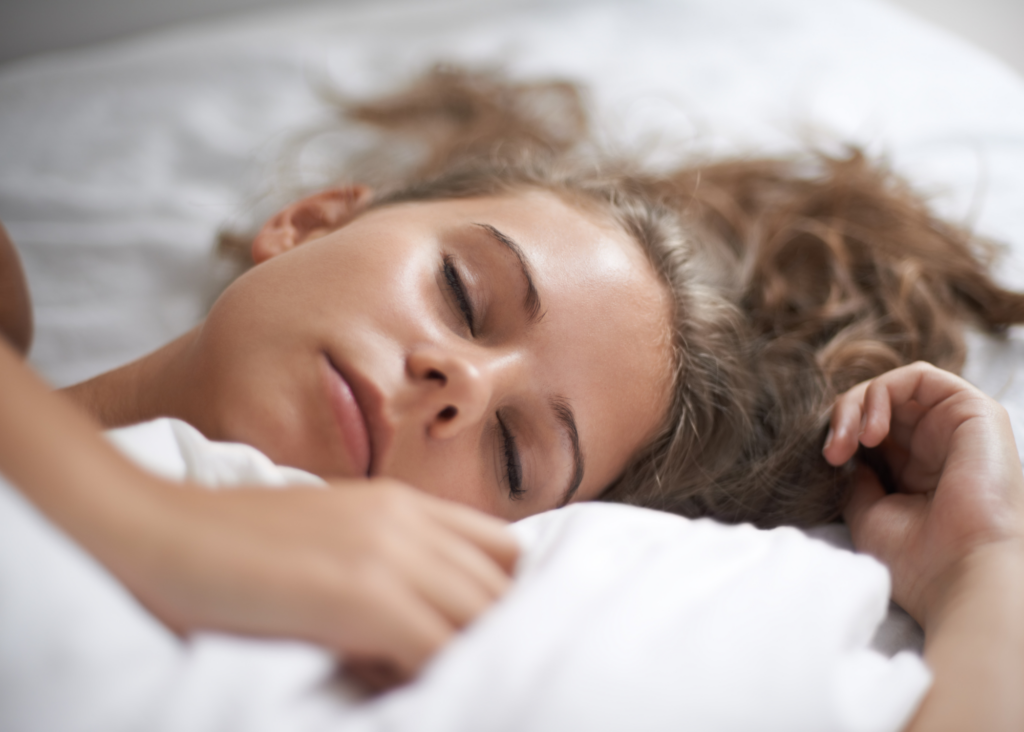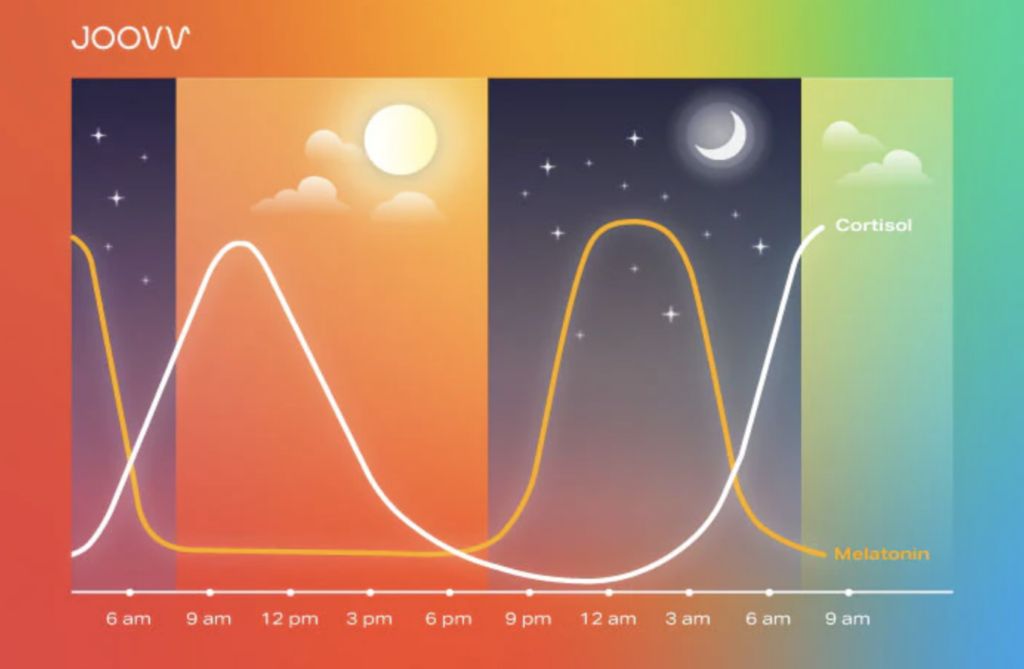Preparation for a year abroad unveiled invaluable wisdom: conflicts often stem from three core factors—hunger, tiredness, and feeling overwhelmed. Lia Garcia’s insightful book, “How to Quit Your Job & Travel,” highlighted these triggers for discord in traveling couples. But the beauty is, you don’t need exotic travels to apply these mood-boosting tips—wherever you are, these three elements can instantly elevate your spirits.
Boost your mood with these 3 tips:

1. Water (Addressing Hunger): Water is life’s elixir. Its significance goes beyond hydration—it sharpens the mind and enhances energy levels. Think about it, your blood is 84% water, brain is 76%, lungs are 90%.. you get the picture.
You always hear you should drink more water, but I didn’t believe this until I started drinking the proper amount of water for my body size. Wow, what a game changer! Ensuring adequate water intake, is easy when you know the formula: Take your weight and multiply by 2/3 (or 67%). For example, if you weighed 150 pounds you would multiple that by 2/3 and learn you should be drinking about 100 ounces of water every day. 100 ounces = Drinking 2 of these 46 ounce Yeti bottles each day.
Of course, drinking water alone can be boring for some. Make sure to include supportive beverages such as coconut water (provides electrolytes), celery juice (anti-inflammatory properties), green drinks (provide vitamins and minerals along with hydration), green tea (antioxidants that fuel your brain) or my personal fav, an adrenal cocktail (balance your hormones). And when possible, opt for alkaline water vs. tap water.
Additionally, understanding how thirst can masquerade as hunger is key. Clinical studies have shown that 37% of people mistake thirst for hunger because thirst signals can be weak. In other words, we are often thirsty, but reach for a snack instead. Drinking independently of eating was actually relatively rare in humans just two decades ago, with approximately 75% of total fluid intake being consumed with meals. Recently these patterns have changed and drinking without food is now an important part of daily routines. In fact, beverages have become a significant source of dietary energy, accounting for ~21% of total daily energy intake. Proper hydration strategies can offer sharper mental clarity and an instant mood uplift.

2. Sleep (Tackling Tiredness): Sleep, often underestimated, is a cornerstone of mood regulation. It’s important to begin by understanding the science behind daily rhythms of cortisol and melatonin, the two primary hormones that regulate our wake/sleep cycle.
We all know there are 24 hours in a day, and our circadian rhythm synchronizes the light–dark cycles with biological functions. In other words, when it’s light out, we’re awake and when it’s dark, we move towards a sleepy state, duh. Cortisol is the hormone that induces wakefulness and its associated catabolic functions throughout the day. This includes things like food intake and metabolism and physical activity, whereas, melatonin is the hormone that induces sleep. As expected, and as observed in the graph, in normal physiology cortisol levels are the highest just minutes before the individual wakes up. Our cortisol levels are peak, so much so, it becomes our natural caffeine. As the sun sets, cortisol levels drop and melatonin levels pop up.
Now that the science lesson is over, let’s get to the point. In our busy, modern lives, we are experiencing more and more stress. The impact? Increased cortisol levels throughout the day which leads to difficulty falling asleep and/or staying asleep. Yuck. No one likes to be grouchy because they didn’t get enough sleep the night before.
Techniques like meditation offer a way to down-regulate your stress, and help create a routine for bedtime bliss. Focus on better sleep routines (IE – No devices 60 minutes prior to bedtime, 1 hour minimum wind down rituals such as a bath, sauna, reading, taking melatonin and/or drinking night time tea to assist with falling & staying asleep) to profoundly impact one’s mood and overall well-being.

3. Movement (Addressing Overwhelm): These days, overwhelm can easily permeate our lives—stemming from various sources like work stress, news cycles, and emotional management. Our initial reaction might involve retreating to cope with the intensity, but this doesn’t always alleviate the feeling. Amidst overwhelm, paying attention to bodily sensations becomes vital. Mindful awareness includes noticing how different sensations manifest—tension, heightened blood pressure, or bodily tightening—helping us identify and understand these feelings for future recognition.
Overwhelm might persist and amplify within our minds, despite our attempts to resolve it. While practical solutions like journaling or restructuring routines can be beneficial, movement emerges as a potent antidote. Engaging in activities like walking, yoga, dancing, or other physical exercises can release pent-up energy, fostering both expanded awareness and an instant mood boost. Delving deeper into yoga, recent research has highlighted its significant impact on health and various medical conditions. Studies demonstrate its effectiveness in alleviating depression, stress, anxiety, and managing numerous health concerns (irritable bowel syndrome (IBS), HIV, heart conditions, cancer, chronic low back pain (CLBP), schizophrenia, depression, PTSD, and substance use), promoting better regulation of the autonomic nervous system and reducing depressive and anxious symptoms across diverse populations.
Human beings thrive on mobility, yet modern sedentary lifestyles contradict our nature. Break that pattern – GET UP – move that body in a way that feels good! Movement, in its various forms, offers an accessible avenue to unravel cognitive overload and restore balance. And it offers a compounding effect! Studies show that after physical activity, people felt less stressed/negative and more positive; feeling better and less stressed actually resulted in more physical activity. Boom! Start small, check out our blog on walking meditation, and give it a go!
Elevate your mood and embrace a more harmonious life by tapping into the transformative potential of water, sleep, and movement. These three pillars are fundamental keys to unlocking a brighter mood and fostering balance, wherever your journey may lead.
Ready to delve deeper into mindfulness practices and personalized coaching to amplify your well-being? Let’s embark on this transformative journey together. Reach out today and discover the profound impact these mindful awareness practices can have on your daily life.
THE LOWDOWN ON THIS PAGE: Some of the links on this page are affiliate links. That means, I get a small commission if you purchase through this link. However I make it a point to only share tools and resources I truly love and use.

